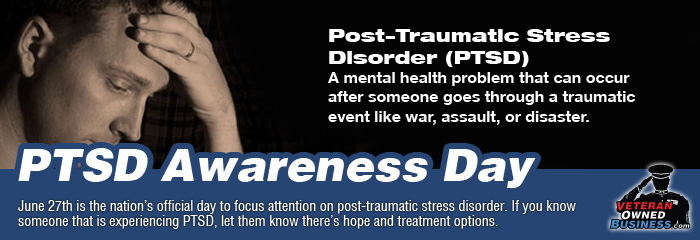In 1990, the U.S. Congress established the first full week of October as Mental Illness Awareness Week (MIAW) in recognition of NAMI’s efforts to raise mental illness awareness. Since then, mental health advocates across the country have joined with others in their communities to sponsor activities, large or small, for public education about mental illness.
What is mental illness?
A mental illness is a medical condition that disrupts a person’s thinking, feeling, mood, ability to relate to others and daily functioning. Just as diabetes is a disorder of the pancreas, mental illnesses are medical conditions that often result in a diminished capacity for coping with the ordinary demands of life.
Serious mental illnesses include major depression, schizophrenia, bipolar disorder, obsessive compulsive disorder (OCD), panic disorder, posttraumatic stress disorder (PTSD) and borderline personality disorder. The good news about mental illness is that recovery is possible.
Mental illnesses can affect persons of any age, race, religion or income. Mental illnesses are not the result of personal weakness, lack of character or poor upbringing. Mental illnesses are treatable. Most people diagnosed with a serious mental illness can experience relief from their symptoms by actively participating in an individual treatment plan.



